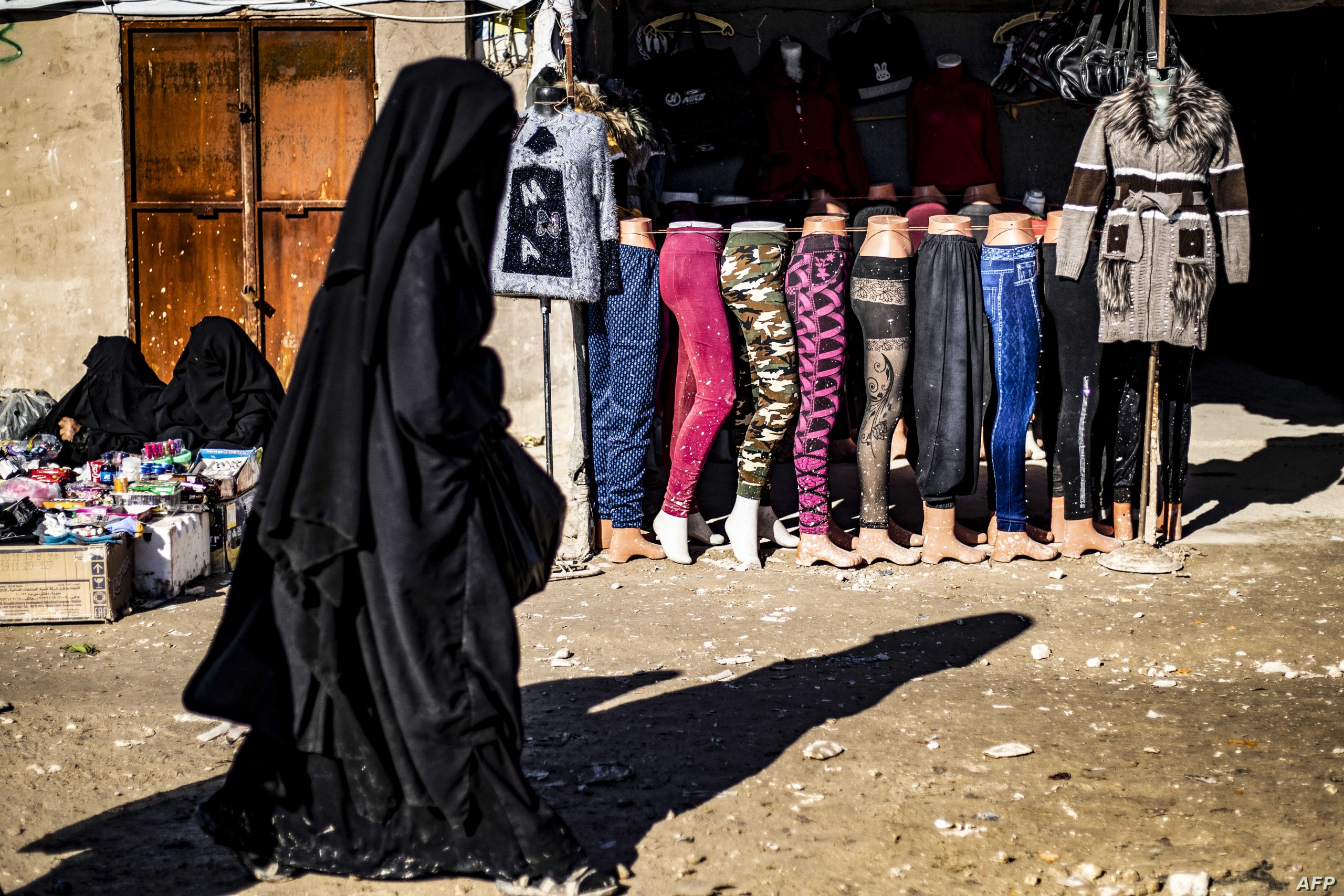A U.N. humanitarian official appealed Friday for more than $4 billion in life-saving aid for more than 10 million Syrians, saying that the country’s largely forgotten crisis remains “one of the most deadly to civilians in the world,” AP reported.
Adam Abdelmoula, resident coordinator in Syria for the U.N. Office for the Coordination of Humanitarian Affairs, made the appeal days after Syria marked the 13th anniversary of the conflict that has killed nearly a half million people and left large parts of the country destroyed.
“Today, we are facing an unprecedented situation in Syria — one that we cannot afford to ignore,” Abdelmoula told reporters in Geneva. “Inaction will be costly for all of us and will inevitably lead to additional suffering.”
About 16.7 million people require some form of humanitarian assistance in Syria, an increase from 15.3 million last year, he said. Over 7 million people are internally displaced and nearly as many are refugees in other countries, including neighboring Jordan, Lebanon and Turkey.
The U.S. Should Work With Turkey to Leave Syria
The United States should withdraw from Syria as it acknowledges its real priorities and makes hard tradeoffs. On the other hand, former U.S. Special Envoy to Syria James Jeffrey believes that the U.S. has multiple missions in Syria and should not withdraw. Both authors have valid points and advocate for different strategic objectives for the U.S.
To achieve both goals, according to an article by The American Conservative, the U.S. should make a tactical compromise and work with Turkey in Syria. The U.S. partnership with the YPG-dominated Syrian Democratic Forces (SDF) was described as temporary, transitional, and tactical by officials. Now is the time to act on this official rhetoric.
Although the viewpoints of Thanassis Cambanis and James Jeffrey may appear to contradict each other, the United States can still withdraw from Syria and accomplish its regional objectives. By collaborating with Turkey, a NATO ally, the U.S. can exit Syria while continuing its efforts to eliminate ISIS, limit Iran’s influence, and support the political process in Syria.
The primary hurdle in reaching a Turkish-American agreement is the fate of the Syrian Kurds. The precise definition of “Syrian Kurds” is crucial in overcoming this obstacle. Generally, in the U.S., the Syrian Kurds are considered synonymous with the YPG-led SDF. In reality, the YPG does not speak for most Syrian Kurds and is mostly controlled by Turkish Kurds.
Many Syria discussions often focus on the SDF without delving into its true nature. As highlighted by former CIA officer Nicholas Spyridon Kass, it is crucial to recognize that the SDF essentially represents the Syrian faction of a well-known, originally Marxist, U.S.-designated terrorist group hailing from Turkey: the Kurdistan Workers’ Party (PKK).
Over four decades, the PKK has perpetuated a violent and totalitarian revolutionary agenda centered around its incarcerated leader, Abdullah Ocalan. This organization has been responsible for numerous terrorist attacks and clashes, targeting Turkish security forces, Kurdish civilians, and others, resulting in a reported death toll of approximately 40,000 since its inception in 1984. Notably, the YPG functions as the Syrian offshoot of the PKK, further emphasizing the interconnectedness of these groups.
It is highly unlikely that the U.S. will be able to convince Turkey to accept the YPG-dominated SDF. Any attempts to push for a peace process between the SDF or the PKK with Turkey are doomed to fail. It will not gain any support in Ankara. On the contrary, any such suggestion motivates Turkish decision-makers to search for alternative solutions, including unilateral military operations. The Turkish president recently stated the desire to launch another military incursion into Syria. The failed peace process with the PKK serves as a strong reminder never to attempt it again.
Drones have ushered in a brutal new phase of Syria’s civil war
American Business Insider published a long report discussing how drones have introduced a deadly new phase in the Syrian civil war, now in its 14th year.
The conflict has seen a surge in drone usage, particularly inexpensive, explosive-laden quadcopters, which are remotely controlled to hit targets with high accuracy. This escalation in drone warfare began notably in October with an attack that killed 89 and injured 277 at a Syrian military event in Homs, leading to increased drone strikes by both the Syrian government and opposition forces.
Forces loyal to President Bashar al-Assad have downed dozens of drones from the Hayat Tahrir al-Sham (HTS) group, which controls Idlib, and have also used drones to target HTS territories and civilians.
Experts attribute the rise in drone attacks to their cost-effectiveness and precision. Despite the relative stasis on the ground, experts warn that the situation is volatile and could rapidly change, highlighting the role of drones in the ongoing conflict’s dynamics.
Syria camps: Repatriations stall as instability brings new dangers for detainees
According to a long report by the Middle east eye, five years after the defeat of the Islamic State group, over 55,000 individuals, nearly half of whom are children, remain detained in northeastern Syria with no resolution in sight.
The security situation is deteriorating due to regional conflicts and uncertainties regarding US military presence, heightening concerns for the detainees, many of whom are foreign nationals. International bodies and NGOs are urging countries to repatriate their citizens, but efforts have stalled, with repatriations dropping significantly compared to previous years.
Conditions in the camps are described as cruel and inhuman, with detainees facing malnutrition, illness, and lack of legal recourse.
Despite the dire circumstances, many countries have not taken steps to repatriate their nationals, and some, like Sweden, have even ceased efforts to assist their citizens in returning. The situation is exacerbated by fears of an Islamic State resurgence, making the camps a ticking time bomb for future instability.


